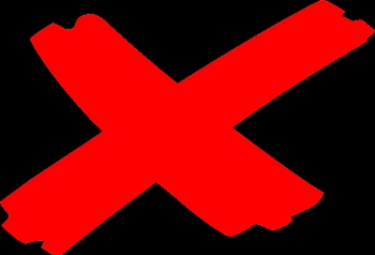Killian Lynch, a product manager at Oracle, published a tweet that said, "shameless plug – if you're building AI and need cheap GPUs check out @OracleCloud (we won't delete your company)."
Lynch's tweet was reposted by Sentinel Labs executive director Juan Andres Guerrero-Saade, a well-known and respected security practitioner, who added a GIF of Ryan Gosling covering his mouth and guffawing.
The fact that Google Cloud had wiped out the private cloud environment it had built for UniSuper was admitted by Google Cloud chief executive Thomas Kurian on 8 May. However the admission, in a joint statement with his UniSuper counterpart. Peter Chun, was buried in a FAQ on the UniSuper site and there was no way for a direct link to be provided.
|
|
https://t.co/XfdmEXiyFl pic.twitter.com/MUqlWRYUs9
— J. A. Guerrero-Saade (@juanandres_gs) May 11, 2024
Lynch's second tweet read: "The DBA who suggested multicloud coming into a work on Monday", accompanied by a short video of an unknown man dancing in front a crowd and revving them up.
News of the deletion of the UniSuper cloud environment comes at a time when Google Cloud is trying to boost its presence in the global cloud market. Oracle is a minor player in this space, with Microsoft and Amazon being the two 800-lb gorillas that dominate.
Whether Kurian will pay a price for what is a major embarrassment for Google Cloud remains to be seen.
Despite its claims to technological competence, Google has made errors of similar magnitude in the past. In January 2009, the company blacklisted every search result for about 40 minutes, claiming they all contained malware.
The DBA who suggested multicloud coming into work Monday pic.twitter.com/Srav27avRm https://t.co/AocfgSd5Ny
— Killian Lynch (@Killianlynchh) May 10, 2024
Marissa Mayer, vice-president of Search Products and User Experience at the time, explained: "Google flags search results with the message 'This site may harm your computer' if the site is known to install malicious software in the background or otherwise surreptitiously.
"We do this to protect our users against visiting sites that could harm their computers. We maintain a list of such sites through both manual and automated methods.
"We periodically update that list and released one such update to the site this morning [31 January 2009]. Unfortunately (and here's the human error), the URL of '/' was mistakenly checked in as a value to the file and '/' expands to all URLs.
"Since we push these updates in a staggered and rolling fashion, the errors began appearing between 6:27am [11.27pm AEST] and 6:40am PST and began disappearing between 7:10am and 7:25am, so the duration of the problem for any particular user was approximately 40 minutes."











































